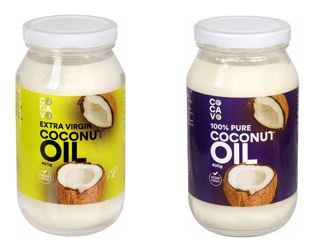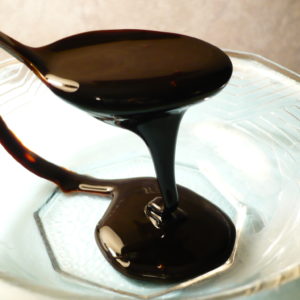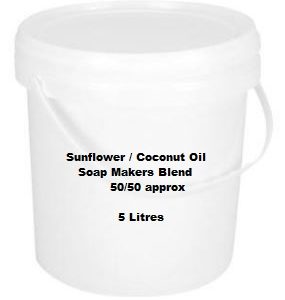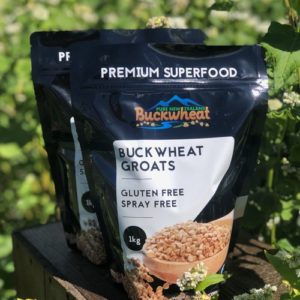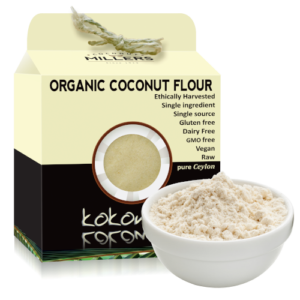ABOUT
We take a look at the different types of coconut oil and explore the differences between them, from how it’s produced to how it can be used at home.
Coconut oil is a very versatile product, whether it’s used in the kitchen for cooking or in the bathroom as part of your skin- or hair-care routine. However you’re planning to use coconut oil, it is a good idea to understand the differences between refined and unrefined coconut oil, so you can buy the right product to fit your needs.
Refined vs. Unrefined Coconut Oil
The main difference between refined and unrefined coconut oil is how they are processed and the type of coconut meat that is used. The method for extracting and processing coconut oil has an impact on flavor and smoke point.
Read on to learn more about refined and unrefined coconut oil.
Unrefined Coconut Oil
Unrefined coconut oil, sometimes called virgin or extra-virgin coconut oil (there is no difference between virgin and extra-virgin), is made with fresh coconut meat that is pressed to extract the oil. There are two main methods for pressing: dry and wet. The dry method involves drying the fresh coconut with heat before it gets pressed with a machine called an expeller press to remove the oil. On the other side, the wet method presses the fresh coconut through a machine to produce coconut milk and oil. The two substances then get separated from each other by fermentation, enzymes or centrifuge machines, depending on the manufacturer.
Unrefined coconut oil has a relatively low smoke point, about 180 Celsius. It has a strong scent and flavor of fresh coconuts compared to refined coconut oil. When stored properly in a cool, dark place, unrefined coconut oil can last two to three years.
Refined Coconut Oil
Refined coconut oil is made with dried coconut meat, also known as copra. The dried coconut meat is pressed through a machine to extract the oil, then goes through a process which uses steam or heat & filtration to deodorize & bleach the product. The “bleaching” and “filtering” is a process that uses steam, and sometimes sodium hydroxide and diatomaceous earth (a special clay) to remove any impurities, bacteria and discolouration (no bleach as such is actually used in this process, but that is what the action is called). These extra steps in the manufacturing process is the key difference between refined and unrefined coconut oil.
As a result, refined coconut oil has a neutral scent and taste compared to unrefined coconut oil. The smoke point of refined coconut oil is also higher, in the 250 Celsius range. Refined coconut oil & virgin coconut oil can be stored similarly in a cool, dark location, but it once the jar or tub has been opened, it should be used within 3 months.
When to Use Refined and Unrefined Coconut Oil
Baking
Both refined and unrefined coconut oil can be used in baking, and it’s often used as a vegan-friendly substitute for butter. Depending on the recipe, you may or may not want the scent and taste of coconut.
Cooking
Due to their differing smoke points, refined coconut oil is better for frying since it can withstand higher temperatures. Meanwhile, unrefined coconut oil can be used for sautéing and lower heat cooking. Since unrefined coconut oil also has a strong coconut taste, it can also be used in other savory recipes like a curry or soup where you would want a coconut flavour.
Skin and Hair Care
Outside of the kitchen, coconut oil can also be used for skin care. Cold-pressed coconut oil is thought to contain more nutrients than expeller-pressed, so using the former is more beneficial when it comes to skin care. Coconut oil can act as a moisturizer, thanks to the lauric acid, which has great antibacterial and antimicrobial benefits.
Coconut oil can also benefit your hair, thanks to the lauric acid, which provides moisture to nourish hair. If you have split ends, coconut oil can help heal them and also prevent them from occurring. You can incorporate coconut oil in your routine by making a hair mask with unrefined coconut oil. The oil can help if your hair is over-styled and damaged.
Coconut Oil Health Benefits
Here’s the nutrition profile for 1 tablespoon of coconut oil:
- 104 calories
- 11 grams fat
- 10 grams saturated fat
- 1 gram unsaturated fat
- 0 grams carbohydrates
- 0 grams fiber
- 0 grams sugar
- 0 grams protein
- 0 milligrams sodium
Coconut oil is often discussed for its impact on heart health. A 2020 review in Nutrition Reviews examined coconut oil and its relation to cardiovascular health by looking at the results of 12 previous studies. The review found that coconut oil raised high-density lipoprotein cholesterol (HDL) and lowered low-density lipoprotein cholesterol (LDL) when compared with oil from animal sources. When compared with plant oil, coconut oil did raise HDL but had varying results on LDL. As such, the authors concluded that more research is needed. (FYI: HDL is known as the “good” cholesterol because it can help your body clear excess fat from your arteries. LDL is known as the “bad” cholesterol because it can accumulate in our arteries.)
Coconut oil is also high in saturated fat, thanks to its high content of medium-chain triglycerides (MCT). This type of fatty acid has a shorter length of carbon molecules than a typical fat and is digested at a similar rate to glucose, which is faster than long-chain types of fats found in foods like olive oil. Some studies have found that MCT oil might help increase calorie burn for those trying to lose weight, but more research is needed to support these findings.
The Bottom Line
The difference between refined and unrefined coconut oil is the production process and the use of dried or fresh coconut meat. Refined coconut oil has a neutral taste and scent with a higher smoke point. Unrefined coconut oil has a strong coconut taste and scent with a lower smoke point. Both types of coconut oil can be used in baking and cooking, while unrefined coconut oil is best for skin and hair care.

